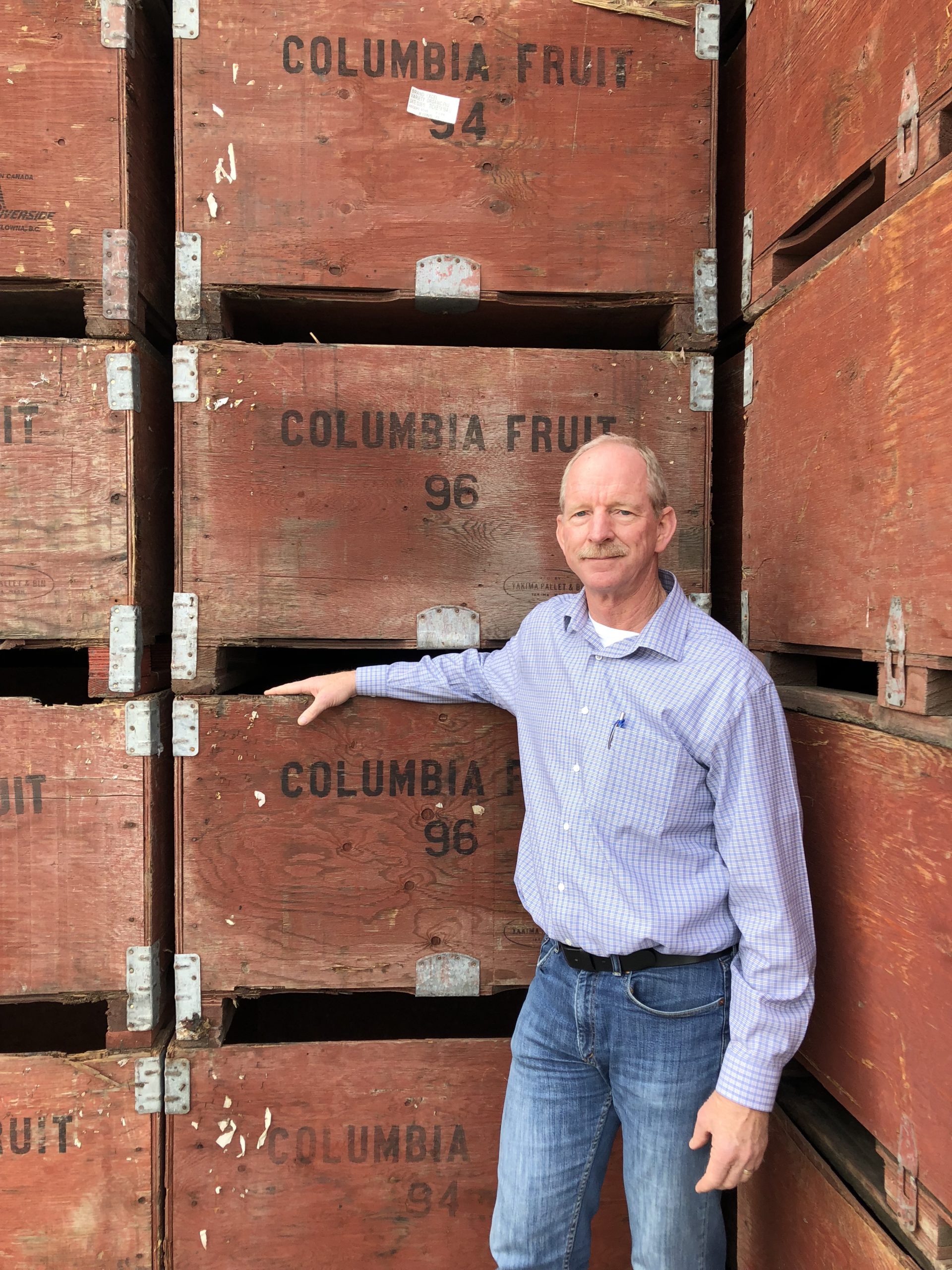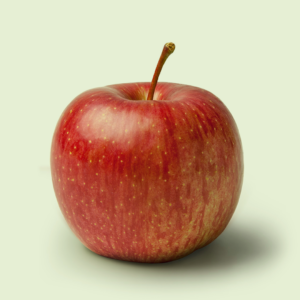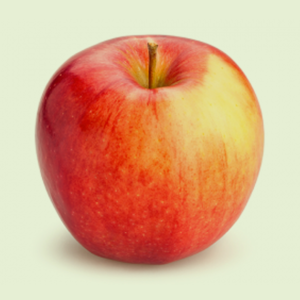
“I’ve gone from being a field man, to part time orchard management, to full time orchard management.” The fruit produced in his orchards are packed at Columbia Fruit and sold by CMI Orchards. Through his years of experience, he has worked with all mainstream varieties; Gala, Fuji, Granny Smiths, Red Delicious and Golden Delicious, but over the last few years he has concentrated on new varieties: KIKU®, KANZI®, Smitten®, Honeycrisp and Gala.
Tim aims for the “three-legged stool of sustainability” with the orchards and business operations under his care. “The three legs involved are community, the people that work for us, and our ability to farm and be profitable. I try and hold those at equal value,” he explains. This includes supporting local community organizations, providing opportunities for employees to excel and learn, and integrating progressive strategies that will ultimately deliver a quality product that consumer will enjoy.
Being a part of the local community and the apple industry community revolves around supporting one another. Tim and the company work to build a strong community through organization sponsorship, developing relationships with neighbors, being involved in industry associations, sharing ideas and practices with other growers.
“We are competitive in nature, but I find a lot of people willing to share and open up their properties for me to be able to look at.”
Tim emphasizes that the people involved in his operations are the single most important aspect. Good employees can help a business succeed and a shortage of adequate labor can be the biggest challenge. Tim finds personal value in giving the people that work for him opportunities to grow and excel. He makes sure to provide learning experiences for his managers, including a recent trip to New York where they could see different orchard types.
To increase efficiency, he has adapted new orchard structures. “I would consider it all to be very modern production,” he says. “I’ve shifted to an angled trellis and we’re planting between 1,800 to 2,000 trees per acre.”
He has 125 acres of organic production currently and there are another 140 acres in transition. The process to transition can be costly and the paperwork is cumbersome, but it has been a fairly smooth conversion. “I would say we are a little bit ahead of the curve in the sense that we’ve had significant portion of organic production throughout our company for over 20 years.” The experience of integrated pest management, organic horticultural practices and familiarity with the required paperwork lessened the challenges many orchardists face when they decide to transition a portion or all of their land to organic production.
It has been his focus to produce apples that provide consumers with great eating experiences, and to have that fulfilled is the most rewarding component of being an apple grower for Tim.
Tim Welsh’s mission is to be sustainable through supporting the community, investing in the success of the people in his operations and using the best apple growing techniques in order for the orchards, business and quality fruit to thrive into the future.



